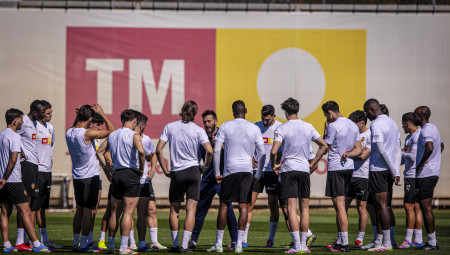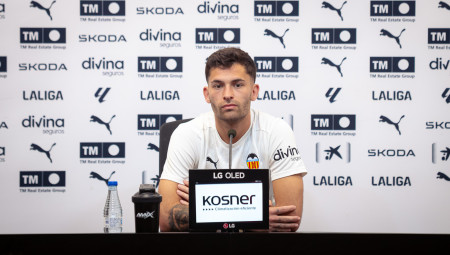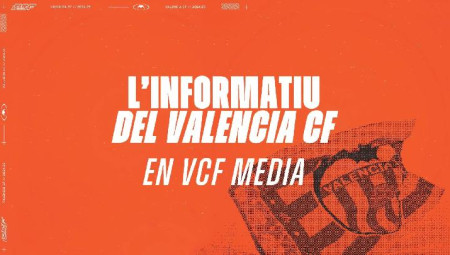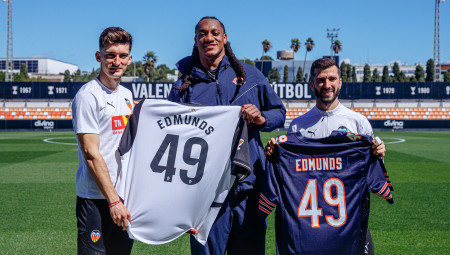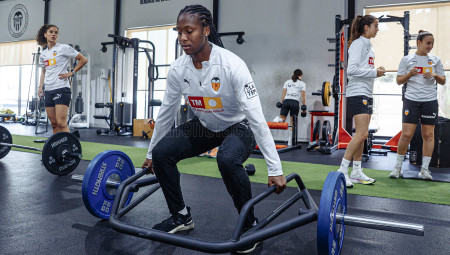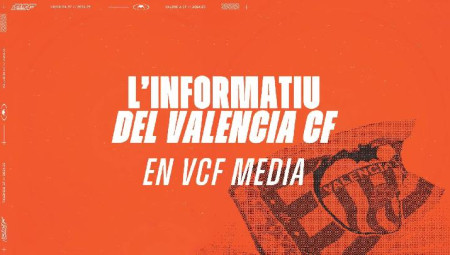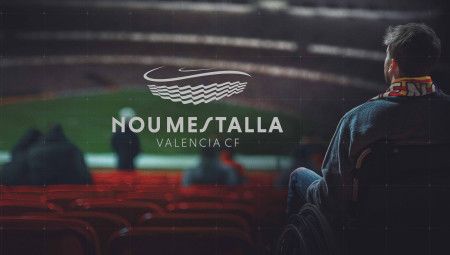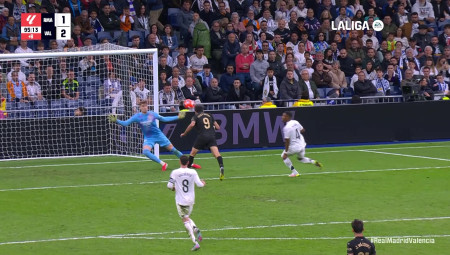Mark Fenwick: “The new stadium will be the pride of the Valencia CF fans”
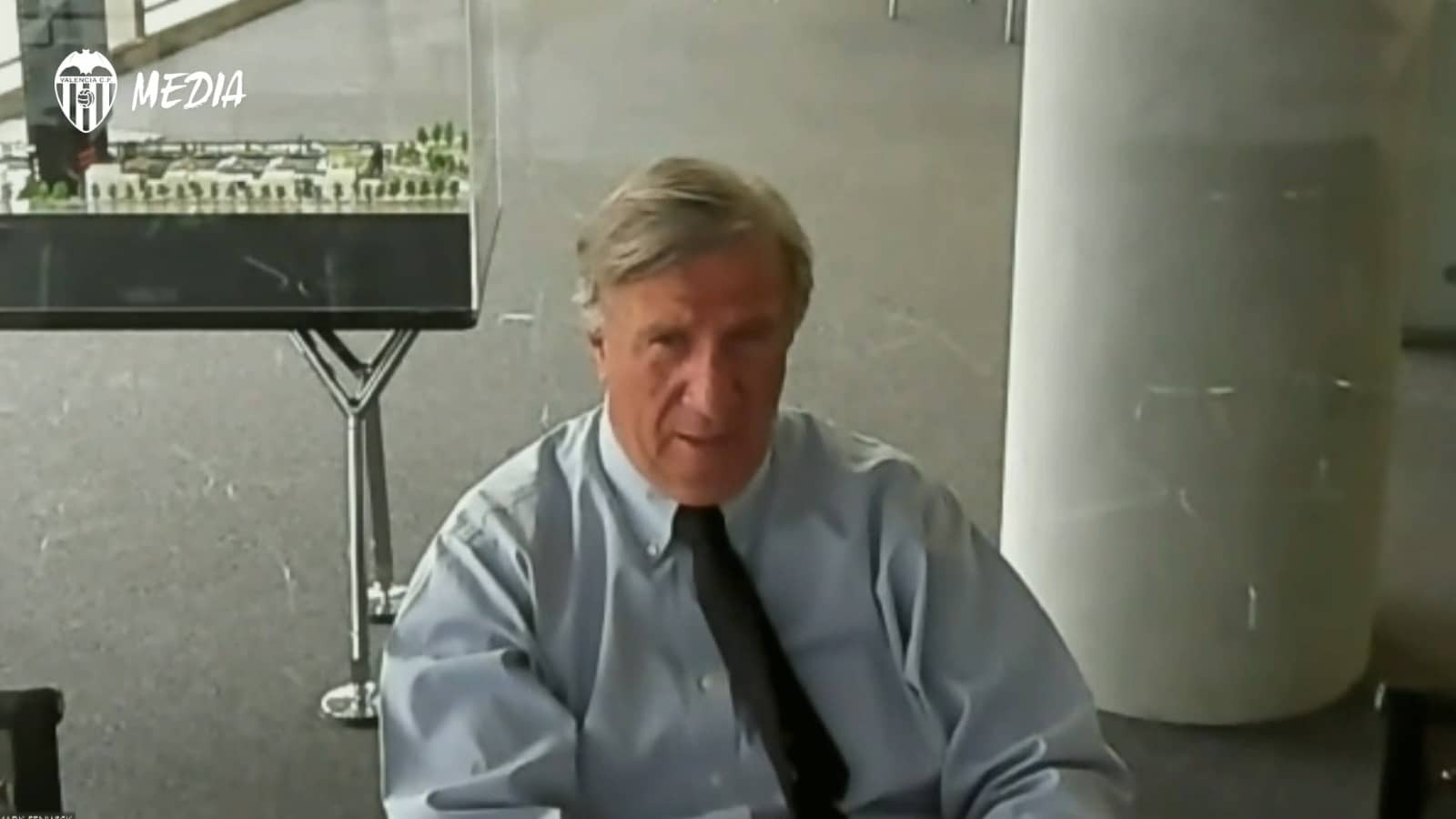
Mark Fenwick, architect for Fenwick Iribarren, explains the keys to the new stadium project for Valencia CF to VCF Media. The club are preparing to restart work on the stadium in October, with the designer who has created 3 of the 8 venues in which the 2022 World Cup will be played.
What will the new stadium be like?
It is a stadium that was designed with a spectacular shape. It has had a capacity since its inception of about 70,000 spectators. As you all know, because the bowl has been there for quite a few years, it is designed and has the most modern technology and distances in order to optimise safety, visibility and facilities that make it a stadium of which there are very few -or almost none- in Spain. It will be a very big change for the Valencia CF fans and it will have all features for comfort and use.
Can the Valencia CF fans be calm about the construction of the new stadium?
Obviously. It will be a spectacular stadium. We've been through different times, and everybody has to admit that we've gone from an economically different time to a slightly more austere time, but austerity doesn't mean it can't be magnificent. For example, our first stadium, that used by RCD Espanyol, is one of the cheapest in Spain, but it was chosen by UEFA as a benchmark ground, we won the award for the Best Stadium in the world in 2009 and recognition as the best stadium in LaLiga . Regarding what we are doing, I can convey to you the absolute confidence that it is going to be a stupendous, magnificent stadium and a source of pride for the Valencia CF fans.
172 million euros have already been invested in the stadium, and its cost will reach 287 million euros by its opening and will exceed 350 million once the complete project is finished. Can we talk about it being a low cost stadium?
Low cost? Not at all. It is a stadium in which, when it is finished, we will have invested more than 300 million euros. It is not low cost in any way. Obviously, we cannot spend ostentatiously. We are going to carry out the design and the incorporation of the roof, facades and interior with very careful attention to quality and design. Sometimes it's harder to design on a budget than when money is no object. We have been building the three stadiums for the 2022 World Cup right now, and when we made them, money was not an objective. In all of them we had to reduce the budget by almost 50% and they are magnificent and wonderful stadiums. Valencia CF's stadium is not low cost at all.
With what stadium can the project that will continue to be built over the coming months be compared?
There are many stadiums to which we can compare ourselves. It has a project with a facade that is not the old neighbourhood ground style. The Olympic stadium in Tokyo comes to mind, because of its balconies. And it is that we have created some great balconies to the city. From them you can see people on the street, and there is great visibility outwards. You can look down from the terraces and balconies. It will be a stadium that is widely used by fans during Valencia CF's moments of glory.
Could it host a Champions League final or host a World Cup, with all the requirements set by UEFA and FIFA?
Yes, absolutely. Obviously we have incorporated all the requirements, including those that will come into force in 2024. We are aware of future UEFA requirements and it complies perfectly with them. As we have a capacity that can reach 70,000, it fits perfectly with what the final of the UEFA Champions League and a semi-final of the FIFA World Cup need. It meets the requirements of both organisations.
The model and philosophy of the stadium have adjusted to the new times, being not only a place for matches, but also used 365 days a year.
Exactly. Nowadays the stadiums have changed a lot. They no longer host people every fortnight, but rather we are looking for uses so that they can be used every day of the year. We introduce different spaces in the stadium such as restaurants, the provision of areas to host conferences, events... The list is very long. From the beginning to the end, we are going to create uses for the community, so that the people around the stadium can enjoy it. They will be able to use and participate in the life of the stadium every day of the week.
What is visibility of the pitch going to be like?
Visibility is almost the most important thing for us. The participation and visibility of spectators is vital. We undertook one of the few studies that have been made in the world, with algorithms that allow us to design this stadium so that everybody can watch the game comfortably. This is something that doesn't occur at the moment. Since the present Mestalla was built, legislations and laws for stadiums have changed. We have the maximum inclination in the highest point of the stadium. Visibility at the present Mestalla is such that you can't see the entire pitch in some parts. In the new plans we have this total visibility. We have the security in being able to evacuate the stadium if necessary in the event of an emergency, and of widening the escape routes. The corridors and stairs are all designed with the newest safety features.
Obviously, comfort is also important. I would say that, at the new Mestalla, the worst seat is the same -or better- than the best seat at the old stadium. The distance between the seats and the row in front is much more comfortable. I am 192cm tall, and sometimes I have to turn at an angle. This doesn't occur at the new Mestalla. The distance between people is a little greater. Each seat has improved comfort and visibility which is guaranteed.
It's a stadium which has good visibility, is comfortable and safe. It is also more inclusive, for people with reduced mobility.
This is tremendously important. I collaborate with UEFA, and one of the things that we have had in mind is the need to think about many people like this. Many people go to the stadium, so it is tremendously important to have every place in the stadium designed for those with reduced mobility or in wheelchairs. We need to have space for wheelchairs and for minders alongside them. That is important. We've even thought about those with visual impairments, so that they can have a certain ease of movement.
We've also thought about families. We want stadiums to be safe places, for children of all ages. For women as well. It's very important for men, women and children to be able to go to a stadium in safety, and to have access to their own bathrooms, for example, to change nappies. It's something that we have thought about.
The capacity is going to be flexible. There has been talk of 47,000, but it is going to have a 70,000 capacity.
It has been designed for a little over 70,000 people. It is important for us to have flexibility with our attendance. There is nothing worse than an empty stadium, and seeing empty seats. What we are doing is starting with 40-46,000 people. The possibility of increasing it to 70,000 will be very fast and easy to do. It allows us a flexibility that very few stadiums have. What we have to do is start with a capacity that guarantees all fans have their seat. The idea for the new stadium is going to increase the number of season ticket holders -or so I hope- who come to enjoy the venue. That will mean a need to increase capacity, and the way that the stadium has been built will allow us to do that the way that we want.
Another of the important aspects is energy sustainability. The roof is going to be unique in this way.
One of the things that is most important to us with the stadium is its sustainability: Both in terms of financial sustainability and that of the planet. What we are doing is looking to reduce energy consumption and water consumption. We take a lot of care in our choice of materials, so that they are sustainable. Besides that, we are looking to produce energy. This is an opportunity, and we are in contact with companies to construct what I think will be one of the biggest photovoltaic roofs in Europe. That large roof will produce energy for the stadium and, in time, for the city's electricity grid. It's something that is really innovative, and we think that it is going to be spectacular.
In the new stadium, with the oval roof, is there going to be the same atmosphere as at Mestalla?
I think so. We've looked into it a lot. The fans are the twelfth man for the team. If the fans can transmit that emotion to the players, then they are going to play better. The roof is important to that, because we have made it so that the sound rebounds back. The sound stays in the stadium. Instead of it going out of the stadium, the roof is used to 'mirror' back the noise. It bounces back onto the pitch. Even though the stadium won't be as steep as the present Mestalla, I think that acoustics will be tremendously important. We've seen this at RCD Espanyol's ground. The acoustics there are tremendously successful. Something similar has happened at Atletico Madrid's ground: They have moved from their old ground to the new one, with a 'bowl' design that is very different. The fans are delighted with the acoustics. They work very well.
People are saying that the third ring will not have seats, and that it is going to be covered by canvases. You can tell us about this better than anybody.
Obviously, what we are going to do is make sure that we don't have the top part empty. We're going to space out the seats a little, and there will be an area in the upper section where the seats are further apart. But it won't have the look of an empty stadium or stands covered with canvases. It is going to have the look of a perfectly valid stadium. We're not going to cover the stands with canvases.
In terms of the parking spaces at the new stadium, there is a provision of 500, but with the possibility of increasing this. I imagine that this is to avoid traffic and to increase sustainability with public transport, right?
The trend is for there not to be parking at a stadium if it is in the city. The plan is for those 500 places. I think that in the new Bernabeú, with 90,000 spectators, there are still only 500 or 600 parking spaces; I'm not certain about that. There are no 'garage' spots. We've created a section with almost 3,000 parking spaces, but it isn't certain, from a point of view of sustainability, that we will have parking spaces underneath the stadium. We want fans to use public transport. They are in a magnificent place for accessibility. There is public transport, taxis, the metro... What we should really do at urban stadiums is instill the idea that cars don't belong at stadiums. There is transport for this and it works wonderfully.
Another aspect is the athletics track. I understand that there has been permission to build a running track, in the same way that there has been at the Wanda Metropolitano.
When we began the project, it was necessary to be able to build a large surface, the height of the middle stand, to convert into a running track. We have complied with that perfectly. That isn't something that can only be done at the Wanda, with the Olympic Games in mind; Wembley is another stadium that has an athletics track and this large surface at the same level as the middle stands. We continue to comply with the requisites of the Ayuntamiento to install an athletics track if necessary.
How long can we expect construction to last, and when will we be able to play there?
I want it to be as soon as possible. The good thing is that the part that has already been built isn't the most difficult part. What we have to do now is modify the facade and the interior, and install the roof. We have an estimated time of 1.5 years to 2 years for the completion of the work, which would take us through to the end of 2024 or 2025. That's up to the club to say, but technically, if we start after the summer, that would be 1.5/2 years after.
Latest news Ver todas
Latest news Ver todas
Valencia CF welcomes NFL Chicago Bears captain Tremaine Edmunds
www.valenciacf.com
VALENCIA CF FEMENINO WORKS IN THE GYM (08/04/25)
08 April 2025L'INFORMATIU DEL VALENCIA CF 08/04/2025
08 April 2025Nou Mestalla to feature more seats and greater variety of stands for fans with functional diversity and reduced mobility
It will include the necessary facilities to ensure all fans enjoy the match without limitations: removing barriers and offering new perspectives of the pitch.
Exclusive for members
